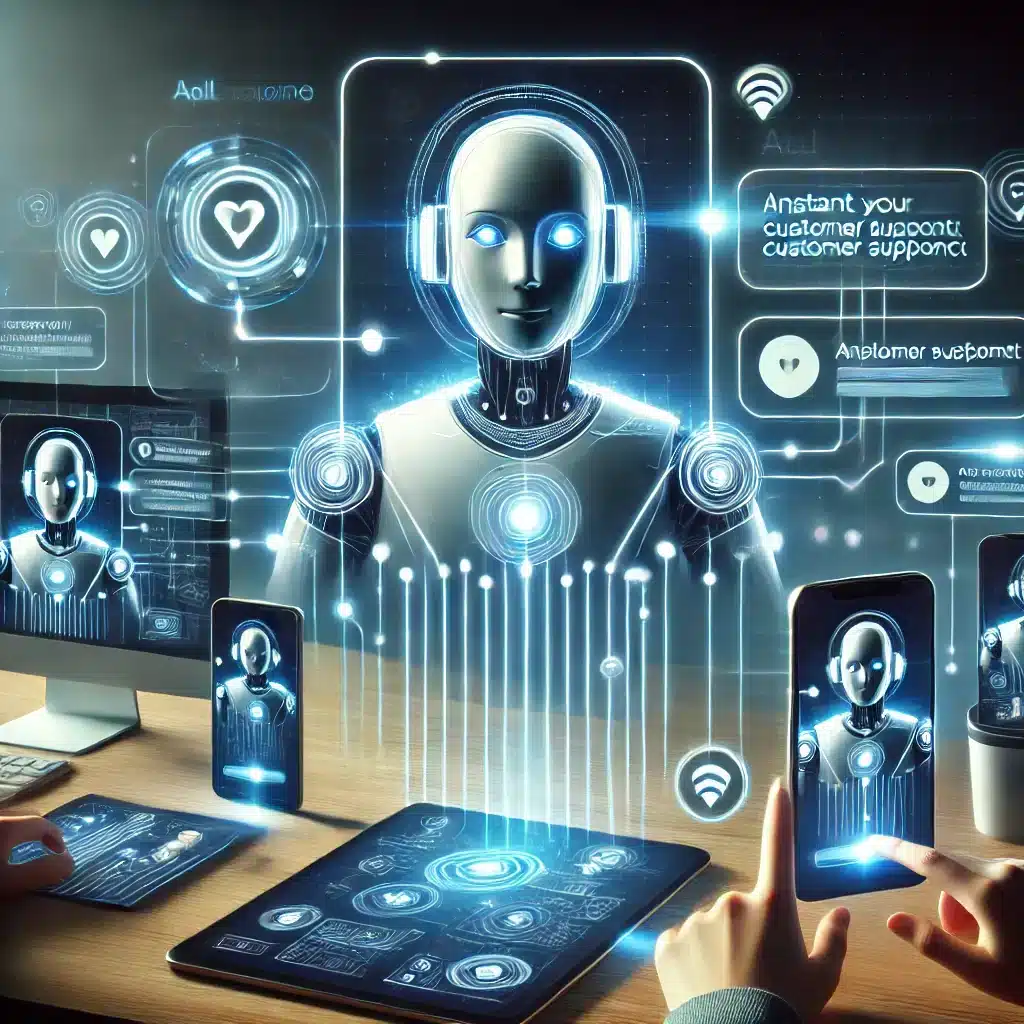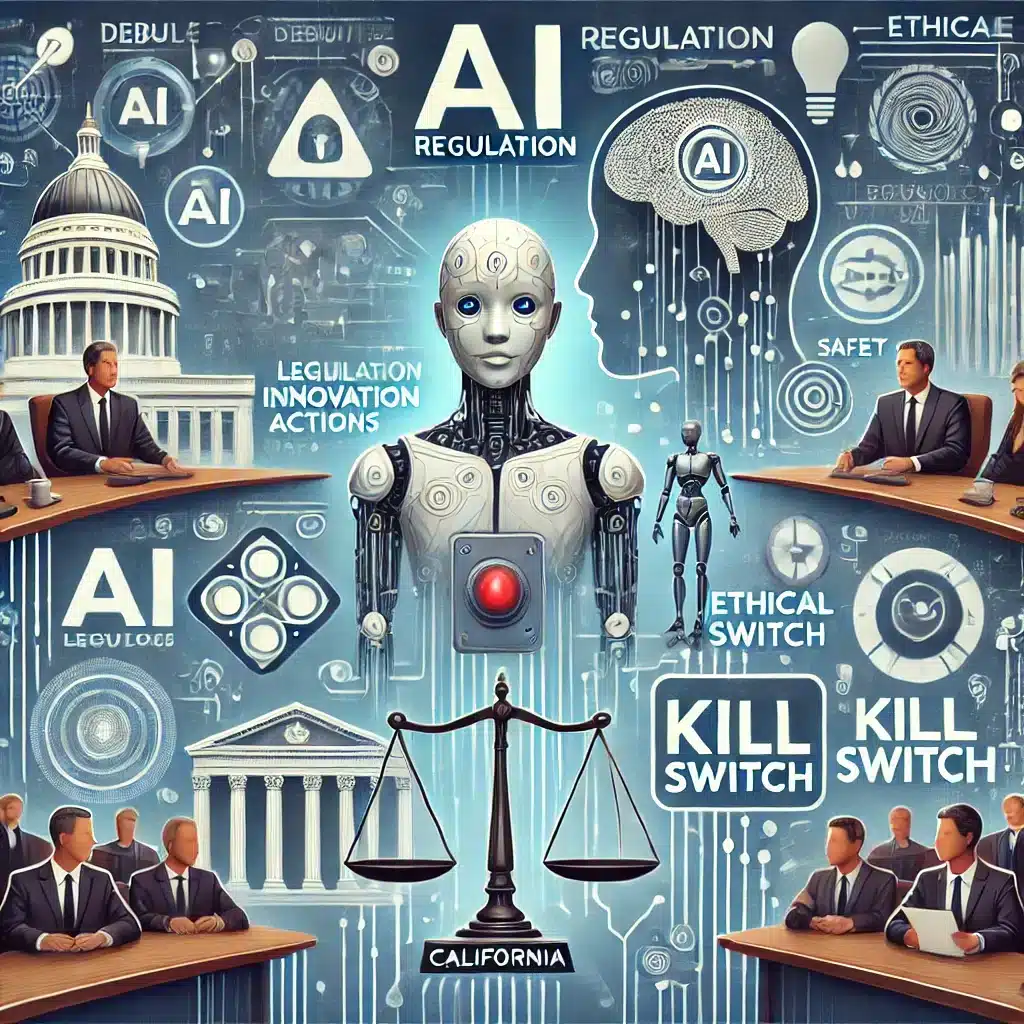Understanding the Role of Human Element
The AI revolution is undeniably reshaping industries. However, the human element remains crucial. For instance, AI’s evolution demands more from users. Developers are not just builders, but orchestrators. They balance AI’s power with meticulous oversight.
The Challenge of Asymmetrical Problems
Not all problems follow a standard pattern. According to Malcolm Gladwell, some are radically asymmetrical. These outliers defy conventional approaches. Thus, spotting these exceptions is essential for effective solutions.
AI as a Facilitator, Not a Replacement
AI’s role should enhance creativity without overshadowing human input. Moreover, the focus shouldn’t be on reducing workload. Instead, aim to use AI to realize possibilities previously unreachable. However, human expertise must critically orchestrate AI functionalities.
The Necessity of Human Element
AI solutions require constant vigilance. Mistakes can escalate due to AI’s power. Consequently, users must ensure the responsible application of AI. Adding human oversight ensures that technology’s potential is fully harnessed, minimising risks associated with pure reliance on automation.
Emphasizing the Value of Human Expertise
Ultimately, humans play a crucial role in applying AI. Understanding AI’s possibilities demands expertise and scrutiny. Similarly, orchestrating AI tools involves a critical evaluation of its relevance to tasks. Therefore, ongoing involvement from humans is paramount to the effective integration of AI.



